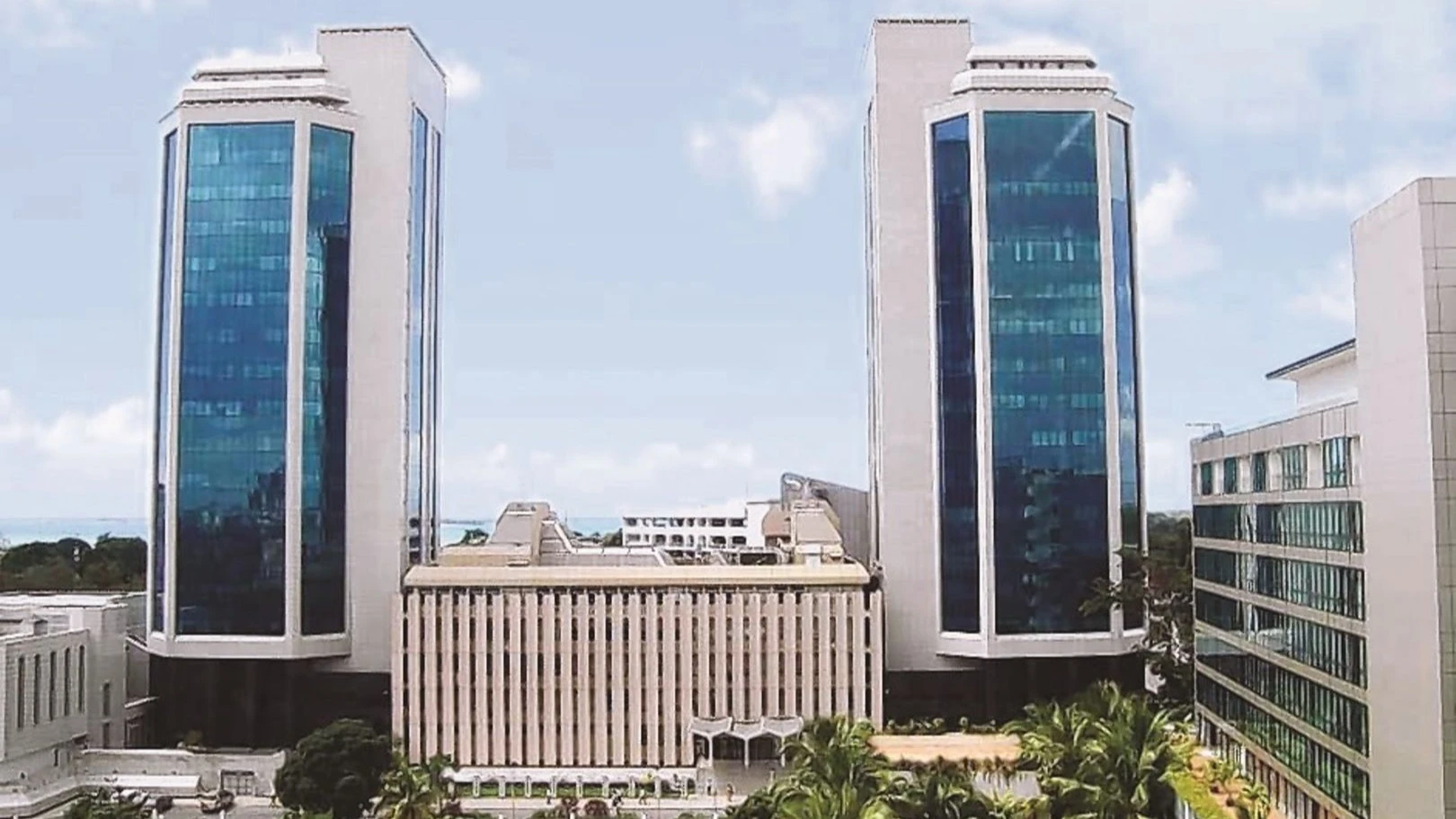

In December 2024, the African Union (AU) stepped into the International Court of Justice (ICJ) with an urgent appeal for climate accountability. This was not merely a legal proceeding; it was a historic moment where Africa demanded recognition, fairness, and justice in a world grappling with the consequences of climate change. For the continent, often sidelined in global discussions, this was an opportunity to highlight the stark inequalities in the fight against a crisis it has contributed to the least.
Despite accounting for just 3% of global greenhouse gas emissions, Africa faces disproportionately severe consequences. Droughts dry up fertile lands, floods sweep away entire communities, and food insecurity leaves millions vulnerable. The AU’s message was powerful: this crisis is not just about reducing emissions. It is about survival, equity, and a moral reckoning for the international community.
At The Hague, the financial toll of climate adaptation took center stage. Sub-Saharan Africa alone faces adaptation costs that could soar to $50 billion annually. Representing the AU, legal experts like Prof. Hajer Gueldich and Prof. Makane Moïse Mbengue delivered a steadfast call for fairness. They invoked the principle of common but differentiated responsibilities, urging nations with the largest carbon footprints to shoulder their equitable share of the burden.
But the AU did more than point fingers. It proposed solutions aimed at fostering global solidarity and equity. These included debt relief for climate-impacted nations, increased funding for adaptation projects, and a renewed commitment to international cooperation. The AU’s arguments framed these measures not as acts of charity but as reparative steps to address historical and ongoing injustices.
Science played a pivotal role in the AU’s case. Drawing on data from the Intergovernmental Panel on Climate Change (IPCC), the AU seamlessly integrated empirical evidence into its legal narrative. The strategy underscored the urgency of aligning international legal frameworks with the realities of climate science, ensuring that justice is not only aspirational but actionable.
This case was also a platform for amplifying marginalized voices. From small island states threatened by rising seas to African communities displaced by climate disasters, the AU’s advocacy was as much about telling these stories as it was about shaping legal precedents. Africa’s fight resonated globally, underscoring that climate justice is a universal issue, not confined by borders.
As the ICJ deliberates its advisory opinion, the stakes for Africa and the world could not be higher. A favorable ruling has the potential to reshape international responsibilities, compelling major polluters to act decisively. It could also create a legal framework that integrates justice into the heart of environmental governance, setting a precedent for future global agreements.
For the African Union, this moment transcends legal arguments. It is a declaration of resilience and a vision for a fairer world. Africa is no longer a passive observer in the climate crisis but an assertive advocate for change. Through its blend of advocacy, scientific evidence, and legal expertise, the AU has turned its call for justice into a rallying cry for accountability and shared responsibility. As the world watches, Africa has made its stance unmistakably clear: the time for action is now.


